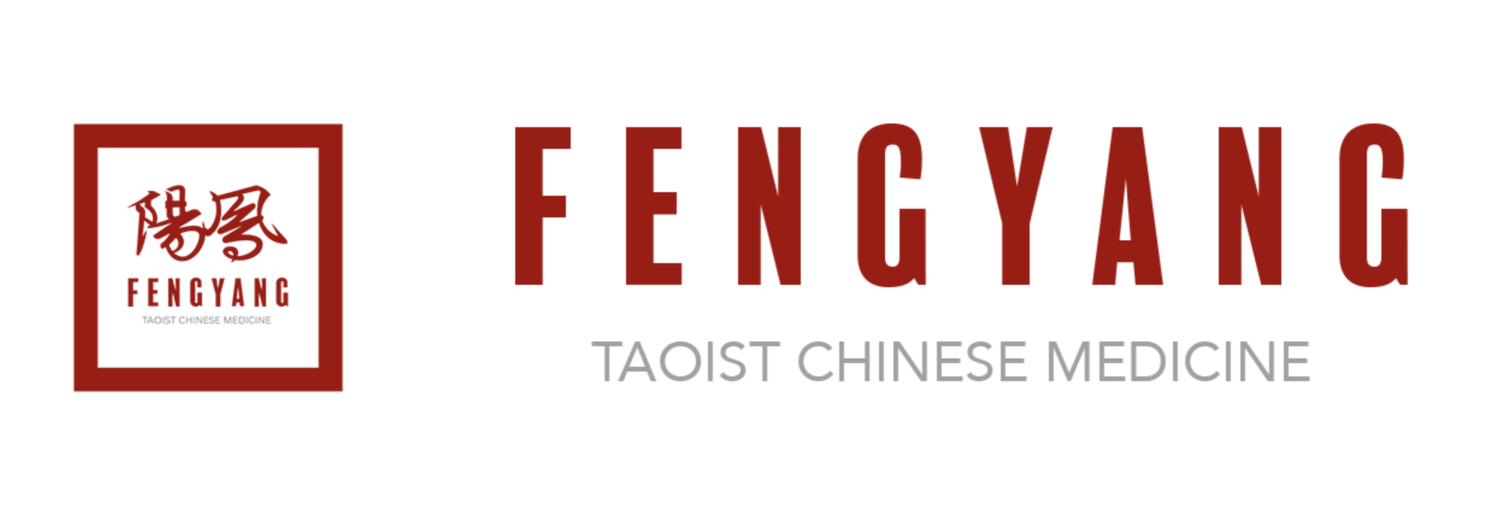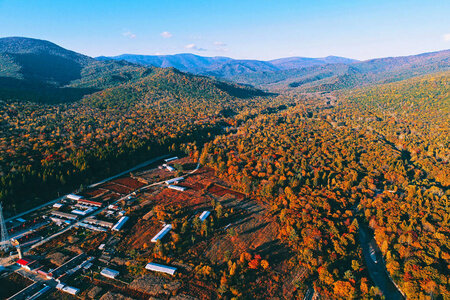Why Is A Single Wild Ginseng Root Worth Over $400K?
By Dr. Ming Wu and Dr. Wei Li
The Changbai Mountain ginseng that was sold for over $400K
The price of wild ginseng (Panax ginseng) has been rising rapidly in recent years. In 2012, a 100-year-old Changbai Mountain wild ginseng with a weight of 30 grams was sold for a record-high price of 3 million RMB (about 430K USD). The price per gram of this wild ginseng is 250 times the price of gold. In the same auction, 15-year-old wild ginseng plants also fetched high prices around 15-20k RMB per individual plant.
Ginseng’s health benefits
Ginseng is called “the king of all herbs”. It is one of the famous "Three Treasures of Northeast China". Chinese people have used ginseng for four thousand years. In the Chinese medicine classic Shen Nong's Materia Medica, ginseng is listed as one of the top “emperor medicine”s that "nourishes life for longevity, non-toxic, no harmful side effects even for long-term use". Its functions include "nourishes the five internal organs, calms the mind, calms the soul, relieves palpitations, eliminates evil spirits, improves eyesight, and improves intelligence."
One of the most famous Chinese medicine classics Shang Han Lun, written by Master Zhang Zhongjing (150—219AD) during the late Eastern Han Dynasty, recorded 113 prescriptions, 21 of which used ginseng. This is the first record of the medicinal usage of ginseng. Ginseng has a sweet and slightly bitter taste, and is mild in nature. It can invigorate and strengthen the qi, promote the production of fluid, soothe the nerves, and nourish the mind. It can be used to treat symptoms of qi deficiency and physical weakness.
Ginseng’s natural habitat is the 3 provinces in the northeast China region. Ginseng grown in the Changbai Mountain has the best quality and medicinal values.
Changbai Mountain
Based on the growing environments, ginseng is usually divided into wild ginseng, forest ginseng and garden ginseng.
Wild ginseng (野山参)
Wild ginseng is grown in its natural environment. It has a long growth period and is very hard to find, as if finding a needle in a haystack. No more than 100 pounds was harvested each year. It is the top quality of Changbai Mountain ginseng.
The disadvantage of wild ginseng is that it has a long growth period and slow reproduction, so there can never be big enough harvest to meet everyone’s need. Moreover, the price of wild ginseng is quite high compared to the other kinds of ginseng. It can range from a couple of thousands to tens of thousands RMB. Because of its high efficacy, it is worth the price for life threating situations.
Forest Ginseng (林下参)
Forest ginseng is ginseng that is artificially planted in a mixed coniferous and broad-leaved forest composed of trees, shrubs, and weeds, and then is left to grow naturally.
The forest ginseng is usually harvested after 13 years. It’s quality and efficacy is between purely wild ginseng and garden ginseng. For example, its ginsenosides contents are between the other two ginsengs. As the growth environment requirements for the forest ginseng are relatively strict, and its growth cycle is relatively long, it is precious because of its low yield. Generally more than 30 year old forest ginseng is equivalent to wild ginseng. The price of forest ginseng is also between purely wild ginseng and garden ginseng, ranging from a few hundred to one to two thousand RMB.
Garden Ginseng (园参)
Garden ginseng refers to ginseng that is artificially cultivated in large areas of forest land. It is usually harvested after 5 years of age. The production is large and the price is relatively cheap. Compared with the first two kinds of ginseng, the price of garden ginseng is much cheaper, generally around 100-200 RMB per pound.
Why is wild ginseng so expensive?
Increasing scarcity of wild ginseng supply
Over several decades, Changbai Mountain wild ginseng has been over harvested without any regulations, it is now very rare to find. In addition, Jilin Province and other places of origin have introduced a series of measures in recent years in an attempt to protect the growth environment of wild ginseng, which will make the supply of wild ginseng even more short in the future.
The medicinal value of wild ginseng is hard to replace
When rescuing critically ill patients (the patient has cold hands and feet, weak pulse, almost undetectable blood pressure), traditional Chinese medicine often uses just ginseng to make a decoction called Dushen Decoction, for acute Yang Qi deficiency. There is no good substitute for this decoction. Based on our own experience, in acute and severe cases, several decades old wild ginseng is more than ten times more effective than garden ginseng in replenishing vital energy . Although the price of 10 gram of such wild ginseng is about 10,000 RMB, It's still a good deal when it comes to save lives.
Another such example is the Angong Niuhuang Wan manufactured by Tongrentang in 1987, which uses natural bezoar and rhino horn (in 1993, China’s State Council issued a ban on the uses of rhino horn), and now the price per pill is 10,000 RMB. The price of one kilogram of natural bezoar is 500,000 RMB, while the price of artificial bezoar is only several hundred RMB. However, natural bezoar is incomparable in its medicinal effects.
These two traditional Chinese medicine (wild ginseng and Angong Niuhuang Wan) are both used by the author for treating stroke patients, depending on the causes. Angong Niuhuang Wan is used for stoke caused by surge of liver yang (yang hyperactivity type stroke), and wild ginseng is used for stoke caused by sudden depletion of vitality (yang deficiency type stroke).
Symptoms of yang hyperactive type stroke:
Dizziness and headache, red face, red eyes, irritability, vomiting, hiccups, hemiplegia, lost language ability, body tremors, and tight veins.
Chinese medicine diagnose: red tongue, yellow coating, and speedy pulse.
Symptoms of yang deficiency type stroke:
Sudden fainting, limp limbs, cold and sweaty hands, whole body cold and wet, losing control of bladder and bowels.
Chinese medicine diagnose: pale tongue, white and greasy coating, and weak pulse.
How to use ginseng
For those who can benefit from consuming ginseng, ginseng can be used in the following ways in daily life to invigorate the body’s qi:
1. Making tea: cut ginseng root into thin slices, use 1 to 2 grams each time, put in a cup with boiling water, then cover the lid and soak for about 5 minutes, make tea and drink until the medicinal taste disappeared.
2. Soaking in liquor: Choose 1 whole ginseng root and immerse it in 500g of liquor (preferably a strong one), seal well and store in a cool place, shake several times a day, drink the liquor after 15 days, 30-50ml each time, 1-2 times a day.
3. Melting in the mouth: Cut the ginseng into very thin slices, put one slice in the mouth, sucking on the juice and eventually swallow it. Repeat several times a day.
4. Making soup: Take 8g ginseng (remove the head portion Lu Tou) and 6g Xinhui Chen Pi (dried tangerine peel), soak in one cup of water for 30 min, and then double boil in a bowl with closed lid for 2 hrs. Drink the soup. Repeat once every 3 days for 10 times.
5. Making porridge: Cut 3 grams of ginseng into slices, add water and simmer, then use the water to make rice porridge.
6. Making chicken soup: put 5-10 grams of ginseng into the abdomen of the chicken, suture the belly and put it in a casserole, add water and condiments, and simmer for 2 hrs. 1 to 2 times a week.
Contraindications
Ginseng should not be used with veratrum together
Ginseng should not used with Wu Ling Zhi, which will weaken the effects of ginseng.
White radish and radish seeds will move the qi and reduce the effects of ginseng in replenishing qi, therefore should not be consumed with ginseng.
Ginseng is suitable for the elderly, weak, and chronically ill population, and not suitable for those with strong physique to consume in large quantity.
Children and pregnant women should consult with a doctor before using ginseng.




